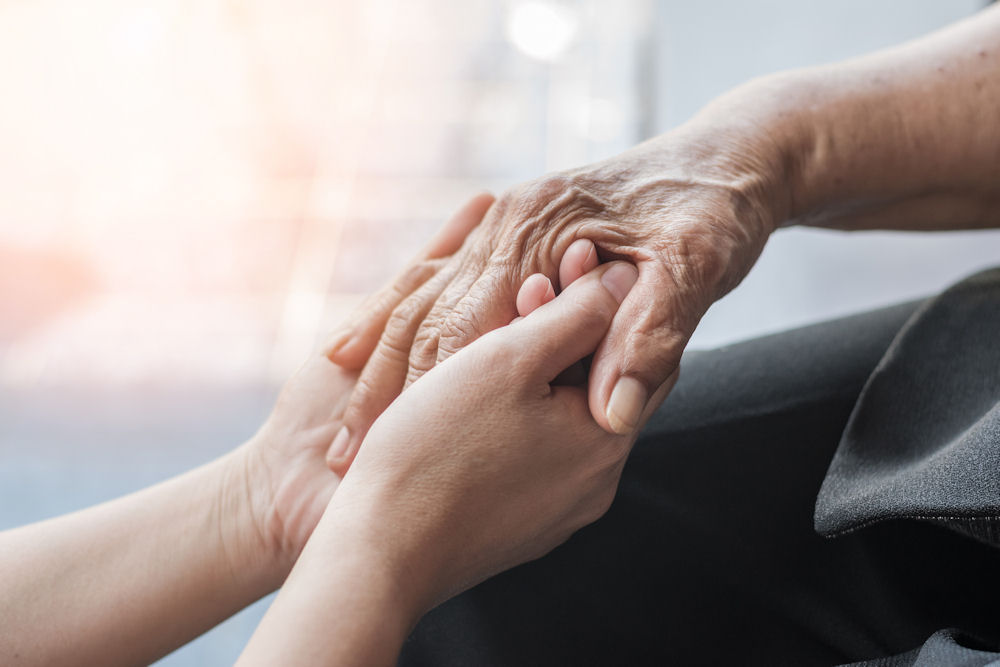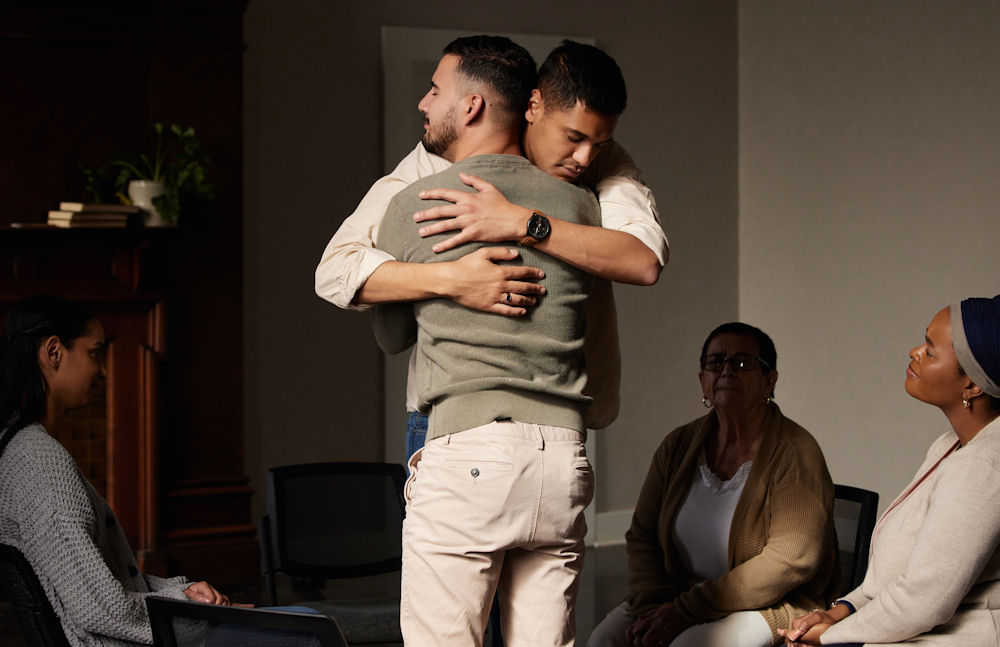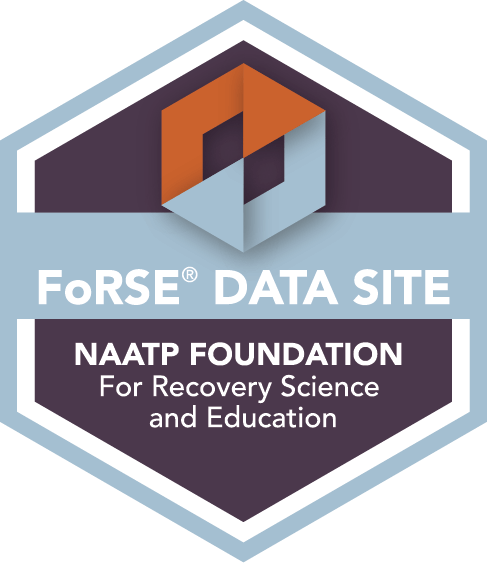Mental Health Month encourages open conversations and helps break the silence that often surrounds mental health struggles. Established in 1949 by Mental Health America, this month was created to highlight the significance of mental health and overall well-being. The goal was to help people better understand mental illness and feel less alone in their struggles.
Since it began, Mental Health Month has grown into a movement that reaches people across the country. It brings people together to share stories, raise awareness, and push for better mental health care. It also makes it easier to reach out, since many people struggle with guilt or embarrassment when seeking support. When we talk about mental health, we make it easier for others to reach out and heal.
We support Mental Health Month because mental health affects everyone, no matter their age, background, or life story. Spreading awareness can protect lives and help create more supportive and understanding communities. At Northern Illinois Recovery Center in Crystal Lake, Illinois, we stand with those who struggle and speak out for those who feel unheard. We are proud advocates for mental health awareness—every day, every month, and every step of the way.
At Northern Illinois Recovery Center, we know that awareness leads to action, and action leads to healing. That’s why we’re here: to listen, to care, and to guide people through healing.
Many people face challenges with their mental health—it happens way more often than we realize. Every year in the U.S., around 20% of adults go through a mental health issue—that’s one in five people. These mental health conditions include things like depression, anxiety, bipolar disorder, and post-traumatic stress. Sadly, only about half of those adults get the support or treatment they need. Many suffer in silence due to stigma, fear, or not knowing where to turn.
Severe mental health disorders impact roughly 1 in 20 adults annually. Some examples are schizophrenia, serious bipolar disorder, or deep depression. Such illnesses can deeply affect daily life, work, and personal relationships. Without support, they can become overwhelming and life-threatening.

Young people also face growing mental health challenges. In the U.S., around 1 in 6 young people live with mental health challenges like anxiety, ADHD, or depression, yet only half receive appropriate treatment. This can affect their grades, friendships, and emotional growth.
Mental illness often begins early in life. According to research, 50% of long-term mental health conditions start at 14 years of age. By age 24, about 75% of people who will have a mental illness already show signs. Getting help early can lead to better outcomes and a more stable, healthy future.
Common Mental Health Disorders
Struggles with mental health can change the way someone experiences emotions, makes decisions, or behaves. These conditions can make daily life feel overwhelming or painful. They are more common than many people realize, and they are not a sign of weakness. Getting the right support can help people feel better and live a healthier life.
Below are some common types of mental, behavioral, and emotional disorders:
- Depression: This disorder causes deep sadness, loss of interest, low energy, and feelings of hopelessness that last for weeks or more.
- Anxiety Disorders: These include panic attacks, constant worry, and fears that interfere with work, school, or relationships.
- Post-Traumatic Stress Disorder (PTSD): PTSD occurs when a person experiences something terrifying or life-threatening. These experiences might include feelings like fear, emotional numbness, or even recurring nightmares.
- Bipolar Disorder: People with bipolar disorder have mood swings between extreme highs (mania) and deep lows (depression).
- Obsessive-Compulsive Disorder (OCD): OCD involves unwanted thoughts and repetitive behaviors, like checking or cleaning, that can be hard to stop.
- Eating Disorders: These involve harmful behaviors around food, body image, and weight, like bingeing, purging, or extreme dieting.
- Attention-Deficit/Hyperactivity Disorder (ADHD): ADHD can cause trouble focusing, sitting still, or controlling impulses, and it affects both kids and adults.
- Borderline Personality Disorder (BPD): BPD may cause unstable moods, relationships, and self-image, often leading to intense emotional pain.
Mental Health Month FAQs
Mental Health Month is about spreading awareness, offering support, and sharing helpful facts that make mental health easier to talk about. It reminds people that they are not alone and that help is available. Here are some simple answers to questions people often ask about mental health and Mental Health Month:

Yes. When facing depression, anxiety, or past trauma, some people use alcohol or drugs to numb the pain. When a person deals with both mental health challenges and substance use, it’s called a co-occurring disorder, and both issues need to be treated together for effective recovery. Healing is possible with support, understanding, and the right care plan.
Yes. Men are often taught to stay strong and hide emotions, which makes it harder to ask for help. Because of this, men may turn to unhealthy coping methods or stay silent about their struggles. Gender-specific treatment helps men open up in a safe space, without shame or judgment.
Yes. Many people get better with therapy, medication, healthy habits, and support from loved ones. Mental illness is not a life sentence. With the right help, people can feel better and regain control. Everyone’s journey is personal, but with support and care, healing is always possible.
Yes. Children can feel deep sadness, fear, or anger that they don’t understand or know how to express. Early signs often appear at home or school through behavior changes or trouble focusing. Providing support early can help a child grow up stronger emotionally and lead to a healthier, more stable future.
No. Our mental health shapes everything – how we see the world, process emotions, connect with people, and deal with daily stresses. Mental health is equally as important as physical health—we must prioritize it. It includes emotions, moods, behaviors, and how we handle life’s ups and downs.
Yes. Speaking up helps people feel heard and less alone in their struggles. By sparking conversations, we can challenge the silence and stigma often linked to mental health struggles. One honest conversation can open the door to hope and healing.
Be patient, listen without judgment, and let them know they matter. Avoid trying to “fix” them—just being there can make a big difference. Encourage them to reach out to a therapist, doctor, or support group when they’re ready.
Mental Health Month helps people learn, speak out, and seek support without shame or fear. It brings attention to real struggles and reminds people they are not alone. It also encourages open conversations, better care, and more understanding in our communities.
How Can I Support Mental Health Month?
Many people want to support mental health causes but are unsure how to begin. Mental Health Month offers an excellent opportunity to take action. Small, thoughtful actions can create meaningful changes in someone’s life.
Here are simple ways to support Mental Health Month:
- Talk Openly About Mental Health: Have honest conversations about mental health with loved ones, friends, or even colleagues. Talking reduces stigma and helps others feel safe opening up.
- Share Helpful Information: Use your voice on social media or in your community to share facts and support resources. Knowledge can save lives.
- Reach Out to Loved Ones: A genuine “How are you feeling?” can make someone feel noticed and valued. Listen without judging.
- Attend or Support Local Events: Many towns host walks, talks, or fundraisers. Join in or volunteer your time to show support.
- Donate to Mental Health Organizations: Donations help provide services, support lines, and education to people who need it most.
- Practice Self-Care and Set an Example: Take care of your own mental health and encourage others to do the same. Nurture your own well-being first – that’s how you’ll be strong enough to support others.
- Wear Green: Green represents mental health awareness. Wearing it is a small but powerful way to show you care.
Receive Mental Health Treatment at Northern Illinois Recovery Center
At Northern Illinois Recovery Center, we believe real healing begins when you feel understood, secure, and valued. We provide evidence-based care for people facing depression, anxiety, trauma, and other mental health struggles. Our licensed professionals offer therapy, medication support, and personalized treatment plans that fit each person’s unique needs.
We treat co-occurring mental health and substance use disorders together, because we know they often go hand in hand. Our team uses proven methods like cognitive behavioral therapy, group support, and trauma-informed care. We also offer gender-specific programming because everyone deserves to feel heard and understood.

People choose us because we care deeply and treat the whole person, not just the symptoms. At our center, you’ll find a safe, supportive space where healing can start – no judgment, just understanding. If you or someone you love is struggling, Mental Health Month is a good time to take that first step.
You don’t have to go through this alone. Call Northern Illinois Recovery Center today and let’s walk this journey together.





